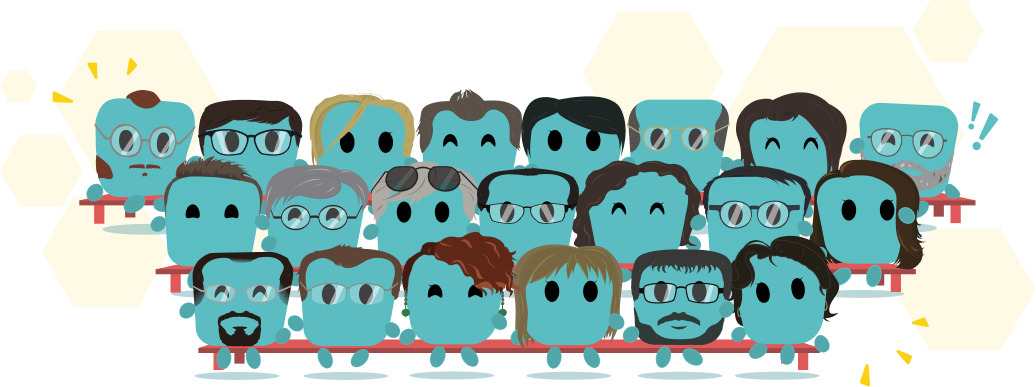Scientific Committee
The Scientific Committee consists of experts in research and innovation, who specialize in games, open science, and the application of research to industry. The Scientific Committee is responsible for the scientific and ethical direction of Game in Lab, and for selecting projects for the annual calls for projects.

-
Chloé Germaine
Chair - PhD and Co-Director of the Manchester Game Centre
Chloé Germaine
PhD and Co-Director of the Manchester Game Centre at Manchester Metropolitan University
Chloé Germaine conducts research on analog games (including board games and role-play) and their role in supporting social transformation. She has scientific expertise in literary and cultural studies, game analysis, humanities and environmental sciences, and creative research methods.
She is co-editor of Material Game Studies: A Philosophy of Analogue Play (Bloomsbury) and the author of numerous articles and book chapters on board games, game books and role-playing games. She is also a game designer and has published original role-playing games with The Gauntlet, The Between, and Cthulhu Hack.
-
Gray Atherton
Assistant Professor - University of Plymouth
Gray Atherton
Assistant Professor of Clinical Psychology and Mental Health at the University of Plymouth
Dr Gray Atherton is an Assistant Professor of Clinical Psychology and Mental Health at the University of Plymouth. She is interested in understanding how neurodiverse people see the social world. Specifically, she studies individual differences in social processing and how these differences often found in autistic people also exist in the general population. She is particularly interested in understanding the strengths inherent in neurodiversity and how these strengths can be used to challenge stigma and misunderstanding about developmental conditions such as autism.
Dr Atherton also investigates anthropomorphism, or seeing the human in the non-human, and how it relates to social processing in autism. Her other research interests lie more broadly in embodied social processing, how movement can affect how we see ourselves and our social partners, and how it can be used to understand special populations. Some of her work in this area relates to modern board games and how joint action and attention during gaming can improve mental health. -
Vincent Berry
Professor - University Sorbonne Paris Nord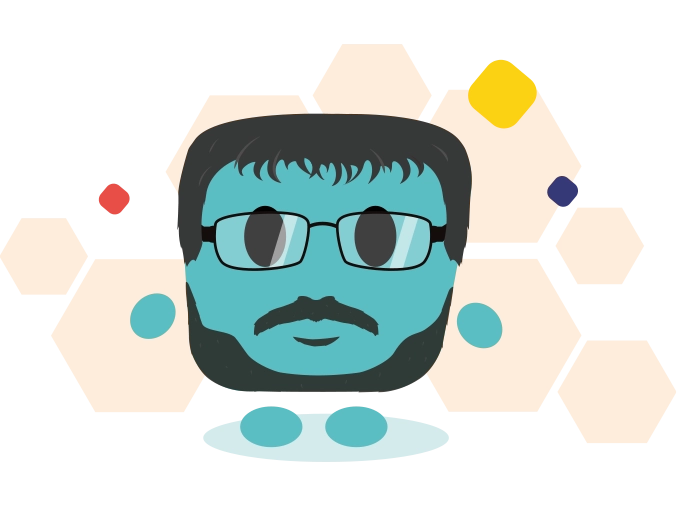
Vincent Berry
Professor at University Paris 13 and member of the “Childhood leisure, games, and cultural objects” research team at the EXPERICE laboratory.
Part of a sociology of games and leisure, Vincent Berry’s work analyzes the evolution of practices and contemporary game culture (toys, board games, video games, role-playing games, etc.). Focusing on the concept of experience, he studies the relationships between games, leisure, and learning.
-
Nicolas Besombes
Doctor in Sports Sciences and Associate Member of I3SP
Nicolas Besombes
Doctor of Sport Sciences and Associate Member of Institut des Sciences du Sport-Santé de Paris (I3SP)
Dr Nicolas Besombes’s research focuses on competitive video gaming, or “e-sports”. He is especially interested in motor involvement when practicing e-sports, the links between practice modalities and player’s aggressive behaviors, and the sociability of e-sports communities, which he examines through a socio-technical analysis at the crossroads of the sociology of sport and game sciences.
-
Olivier Caïra
Sociologist at the Centre Pierre Naville - University of Paris Saclay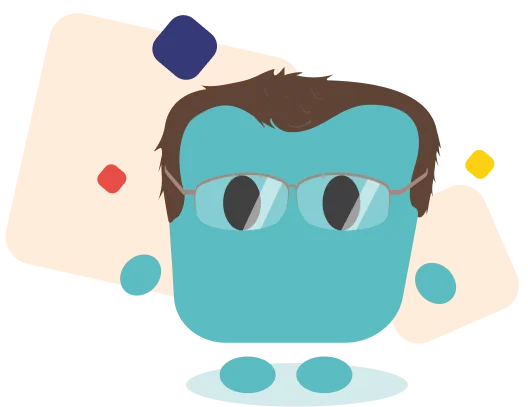
Olivier Caïra
Sociologist at the Centre Pierre Naville (University Paris Saclay) and Associate Researcher in the narratology team at CRAL (EHESS)
His research focuses on fiction, with in-depth studies on audiovisual and simulation games. Among other titles, he has published Hollywood face à la censure (CNRS Editions 2005), Jeux de rôle : les forges de la fiction (CNRS Editions 2007) and Définir la fiction (Editions de l’EHESS 2011). His recent work focuses on the on-screen representation of extreme intelligence, anomalies in fiction and interactive scriptwriting. He is also author of board games and tabletop role-playing games.
-
Manuel Gimenes
Senior Lecturer - University of Poitiers
Manuel Gimenes
Senior Lecturer of Psychology at the University of Poitiers
Dr Manuel Gimenes’ research lies in the field of cognitive psychology, with two main themes: language and play. Dr Manuel Gimenes studies the cognitive processes involved in reading activities, along with the influence of games (board games, video games) on several cognitive functions.
-
Shelly Jones
PhD and Professor of English at SUNY Delhi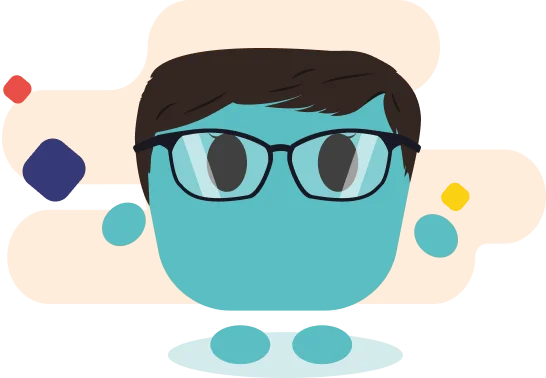
Shelly Jones
PhD and Professor of English at SUNY Delhi
Dr Shelly Jones is a Professor of English at SUNY Delhi, teaching mythology, literature and writing. They are an editor of Analog Game Studies and jury member for IndieCade, and their research examines analogue, digital and role-playing games from the perspective of intersectional feminism and disability studies.
-
Philippe Lépinard
Research Professor of Management Sciences – University Paris-Est Créteil
Philippe Lépinard
Research Professor of Management Sciences – University Paris-Est Créteil
After a career in the Army, Philippe Lépinard joined the University Paris-Est Créteil (UPEC) in 2015. His research deals with ludopedagogy in higher education (management, project management and languages). He is the founder of the FabLab GamiXlab and the head of the scientific project EdUTeam. He also participates in several professional and scientific networks, including the MACCA management thematic research group at AIMS. Finally, he has been co-organizer of the International Game Evolution Symposium “Ludopédagogie – Esport – Management” since 2018.
-
Andrea Ligabue
Game Expert and Lecturer in Educational Science
Andrea Ligabue
Art Director of Play – The Game Festival, Game Expert, Lecturer in Educational Science and member of the Game Science Research Center scientific committee
Andrea “Liga” Ligabue is a game expert, member of the International Gamers Awards Committee and Goblin Magnifico committee. He is also an educational expert with more than 3,000 hours of activities in schools using board games and more than 15 years of experience in training teachers and educators in using games as educational tools. He owns over 2,500 board games.
-
Mikko Meriläinen
Academy Research Fellow - Tampere University
Mikko Meriläinen
Academy Research Fellow at Tampere University, Centre of Excellence in Game Culture Studies
Dr Mikko Meriläinen is an Academy Research Fellow at Tampere University and Vice President of the Finnish Society for Game Research. His research focuses on the intersections of gaming and other areas of everyday life. In his previous work, he has examined the participation of young people in gaming cultures, as well as miniature gaming. He currently studies men and masculinities in gaming from a reparative perspective.
His publications are available at: https://mikkomerilainen.com/julkaisut/
-
Philippe Robert
Professor of Psychiatry - University of Nice Sophia Antipolis
Philippe Robert
Professor of Psychiatry – University of Nice Sophia Antipolis
Professor Philippe Robert is also Director of the Cognition, Behavior & Technology team (CoBTeK-lab), Co-Director of the Centre Mémoire de Ressources et de Recherche (CMRR) at the University Hospital of Nice, and President of the IA (Innovation Alzheimer – Affect – Autism) association. His areas of expertise include behavioral and psychological symptoms, the assessment and treatment of apathy, and the use of new technologies for diagnosis and stimulation in neuropsychiatric pathologies.
-
Melissa Rogerson
Senior Lecturer – University of Melbourne
Melissa Rogerson
Senior Lecturer in Human-Computer Interaction – University of Melbourne
Melissa Rogerson’s research focuses on board game practice in both physical and digital forms, as well as the characteristics and motivations of hobbyist board game payers, designers, and developers. She is currently studying the use of digital tools in hybrid digital board games and the potential for hybrid distanced play, which connects people in different locations to play with physical components. Melissa has led two research projects funded by Game in Lab.
-
Lisa Rougetet
Lecturer in History of Science - University of Western Brittany
Lisa Rougetet
Lecturer in History of Science at the University of Western Brittany, the Centre François Viète
Lisa Rougetet’s research focuses on the history of (mainly determined) games and their mathematical theories, from the first works of mathematical recreation published in the 17th century to the programming of computer games in the middle of the 20th century. She is also a trainer at INSPÉ (Institut National Supérieur du Professorat et de l’Education). There, she is interested in the use of games in teaching mathematics, from elementary school to high school.
-
Elifsu Sabuncu
Head of Scientific Mediation and Digital Communications, CNRS – ENS
Elifsu Sabuncu
Doctor in Biology, Head of Scientific Mediation and Digital Communications at ITEM, CNRS
Elifsu Sabuncu is interested in philosophy and the history of science. She is the Head of Scientific Mediation and Digital Communication at the ITEM (Institut des Textes et Manuscrits Modernes) Laboratory, CNRS.
-
Ulrich Schadler
PhD, Archaeologist and Director of the Swiss Game Museum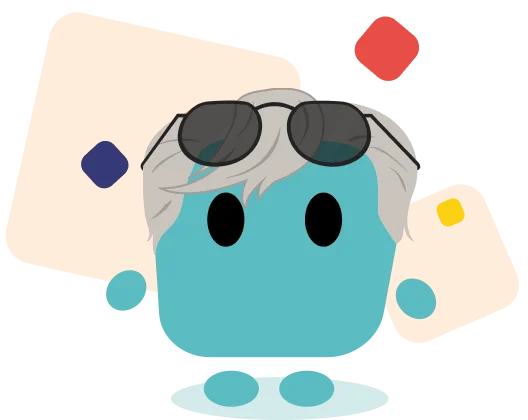
Ulrich Schadler
PhD, Archaeologist and Director of the Swiss Game Museum (La Tour-de-Peilz)
Since 2019, Ulrich Schadler has held a Chair in Cultural History of Antiquity and the Middle Ages at the University of Fribourg. Since 2017, he has been collaborating with Véronique Dasen on the “Locus Ludi” project (ERC Advanced Grant). He has been conducting research on the history of games for over 25 years. He is a founding member of the Board Game Studies (BGS) group, which organizes the annual international colloquium of the same name, and is a member of the editorial board of the BGS Journal (De Gruyter, online). With Rainer Buland, he is editor of the series of publications titled Ludographie.
-
Thierry Wendling
Ethnologist, Games Specialist, and chess, in particular
Thierry Wendling
Ethnologist, Games Specialist, and chess, in particular
Thierry Wendling is an ethnologist and researcher at the CNRS. He is the Co-Director of LAHIC (IIAC, CNRS-EHESS). He is co-director of the journal Ethnographiques.org, of which he is a founder.
-
Vinciane Zabban
Lecturer - University Sorbonne Paris Nord
Vinciane Zabban
Lecturer at University Sorbonne Paris Nord, at the EXPERICE laboratory
Vinciane Zabban is interested in the technical and social mediations of leisure activities and the social forms of creative expression. Her current research focuses on video game designers, production and practices, and on the effects of the internet on their practice and the market.
-
Lichao Zhu
Lecturer – Paris Cité University
Lichao Zhu
Lecturer at the Centre de Linguistique Inter-langues, de Lexicologie, de Linguistique Anglaise et de Corpus, Paris Cité University
Dr Lichao Zhu is an Lecturer of computational linguistics at Paris Cité University. He works on the vocabulary of games. He became interested in puns and the linguistic mechanisms of playfulness during his doctoral studies, and has been working on these subjects using NPL and AI techniques and tools. He loves playing chess, board games and video games. He is also a member of the Scientific Committee of Jeux et Sociétés.
https://cv.hal.science/lichao-zhu
